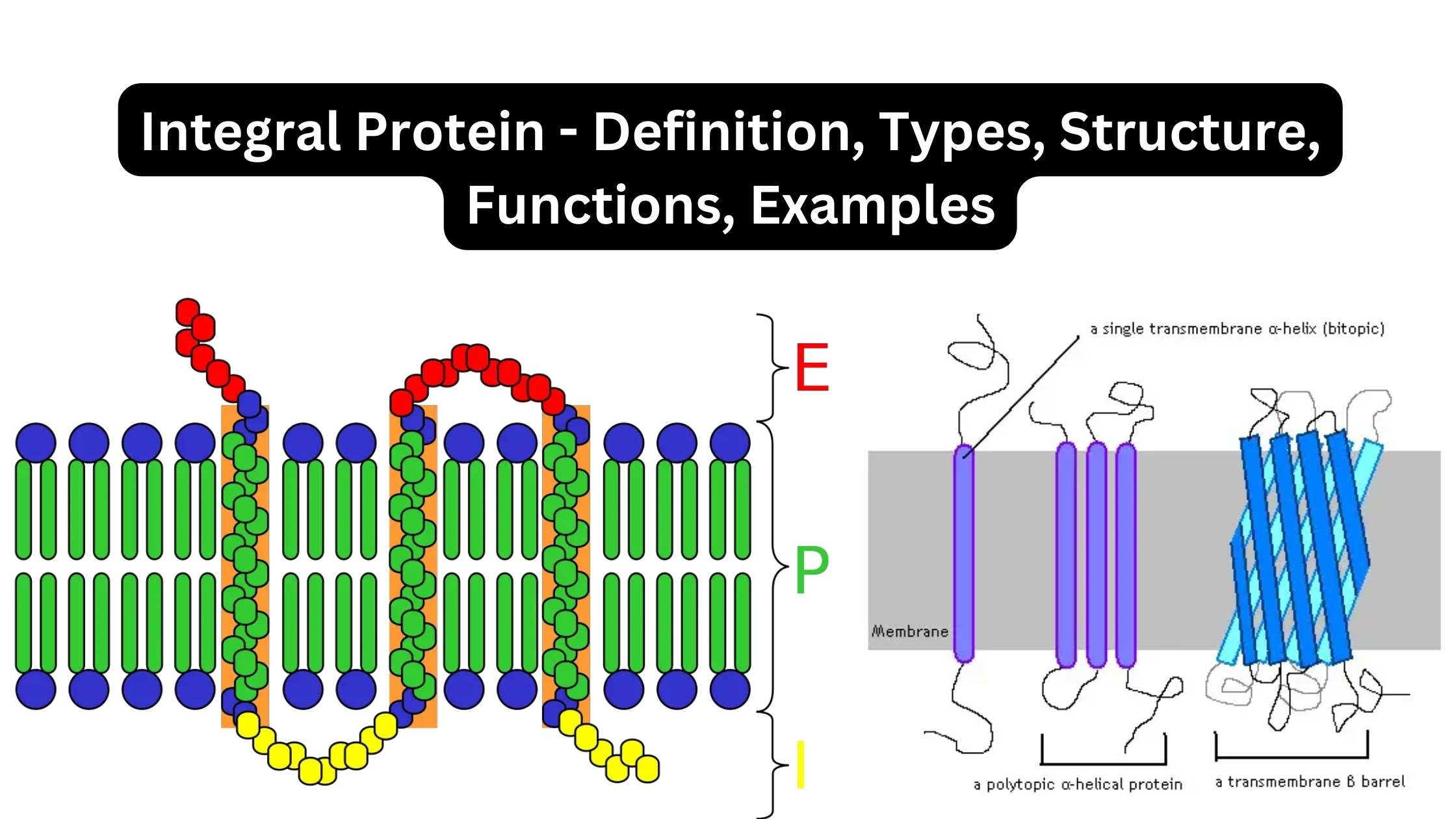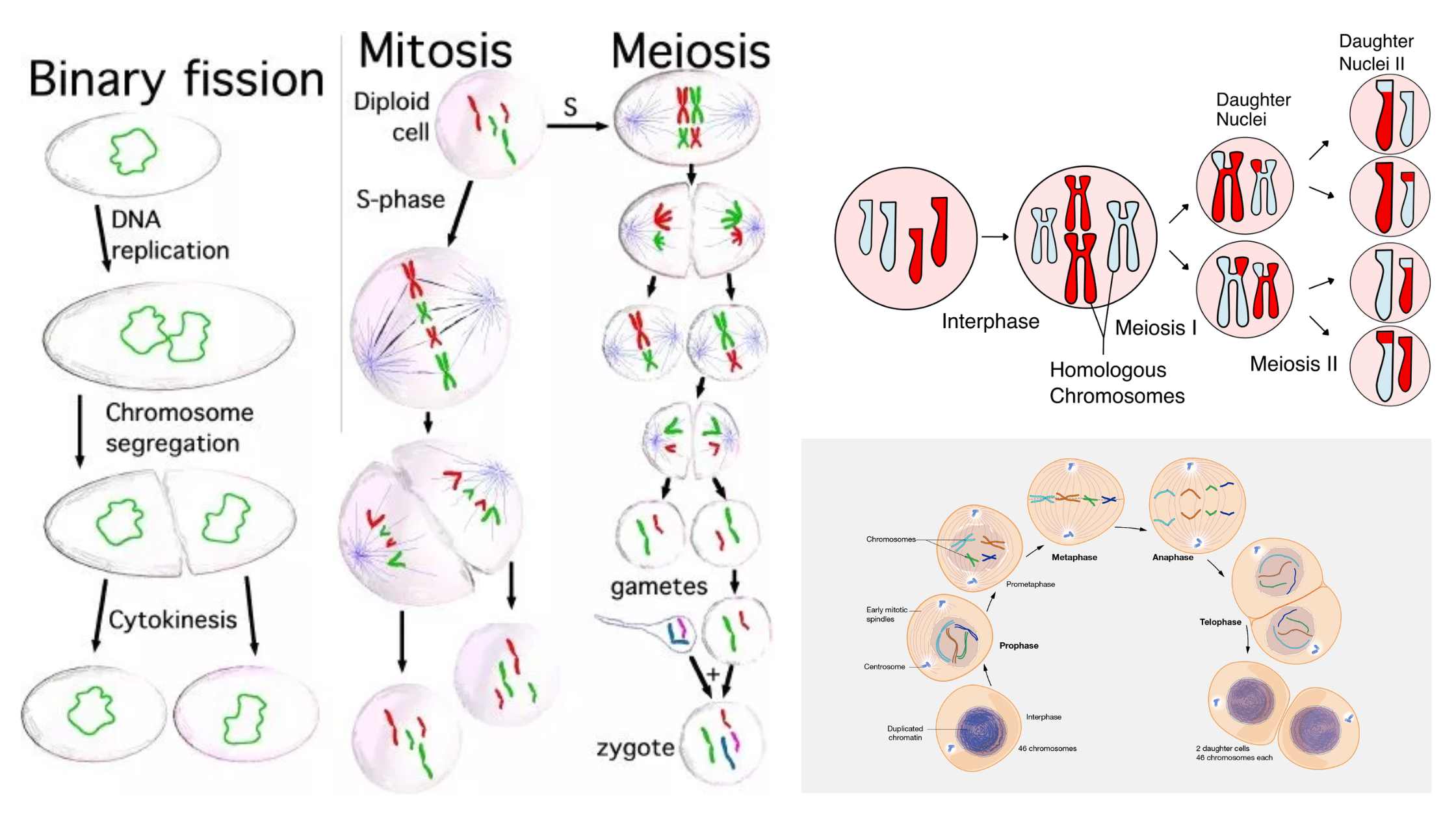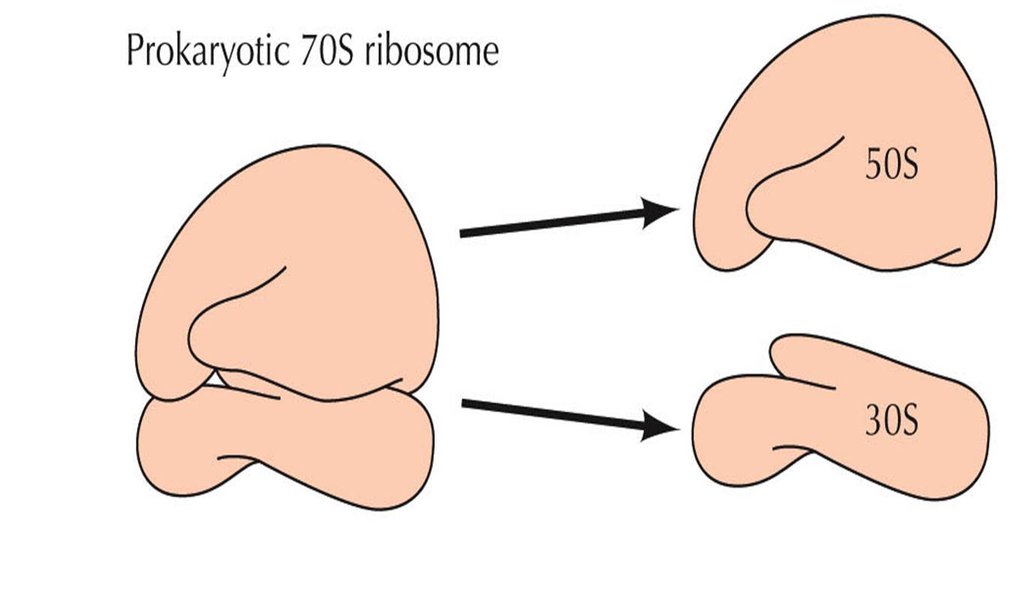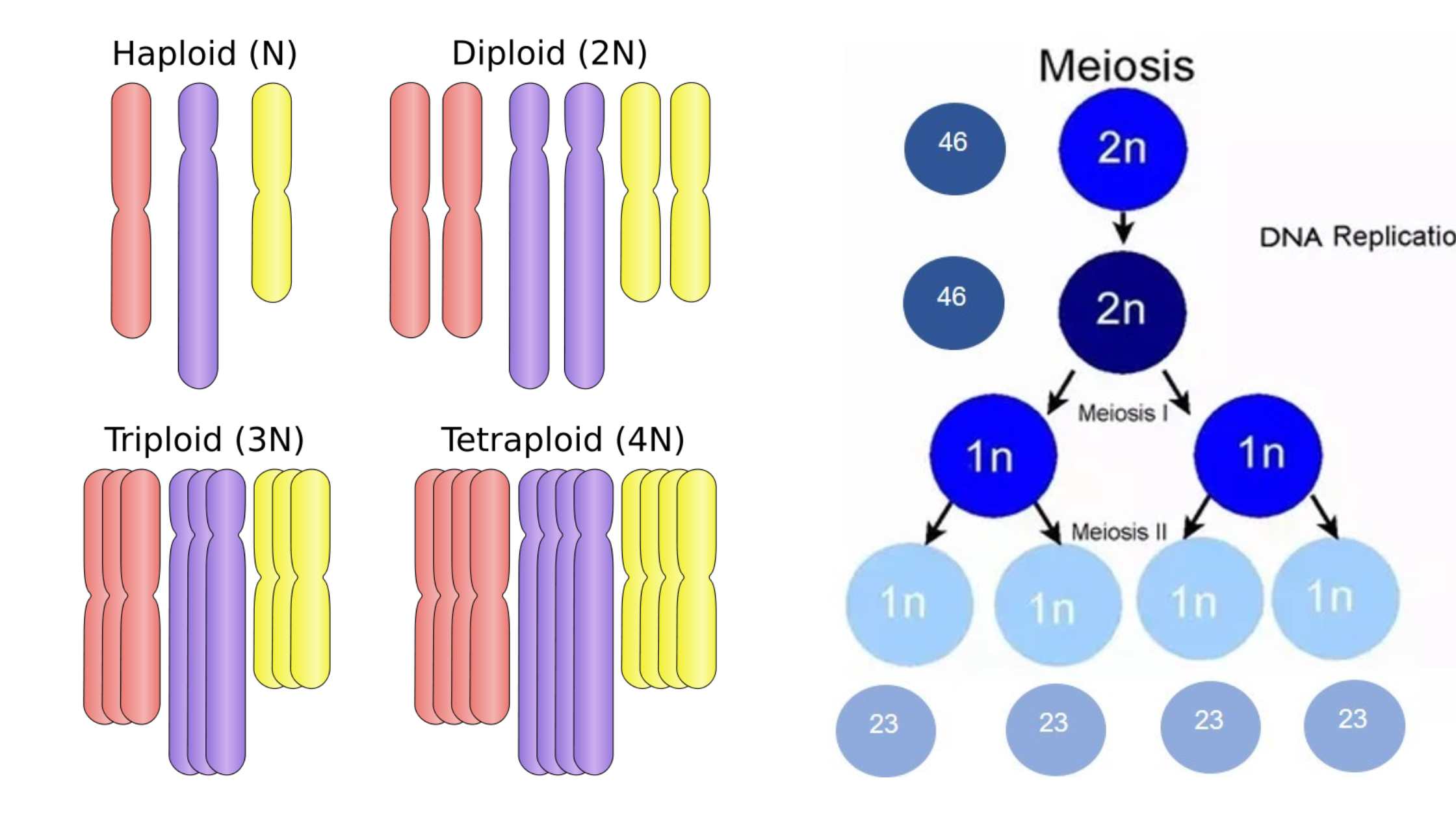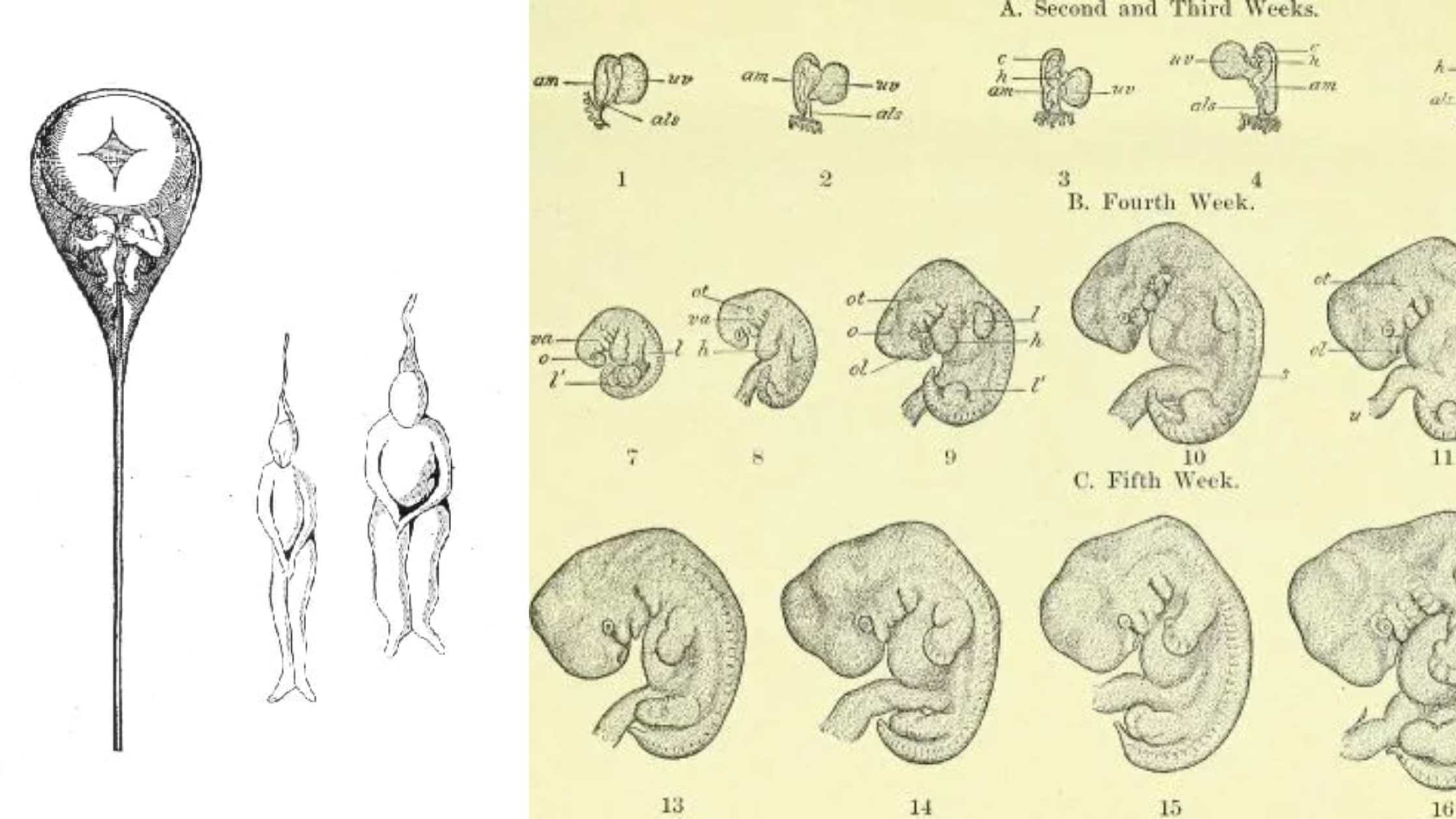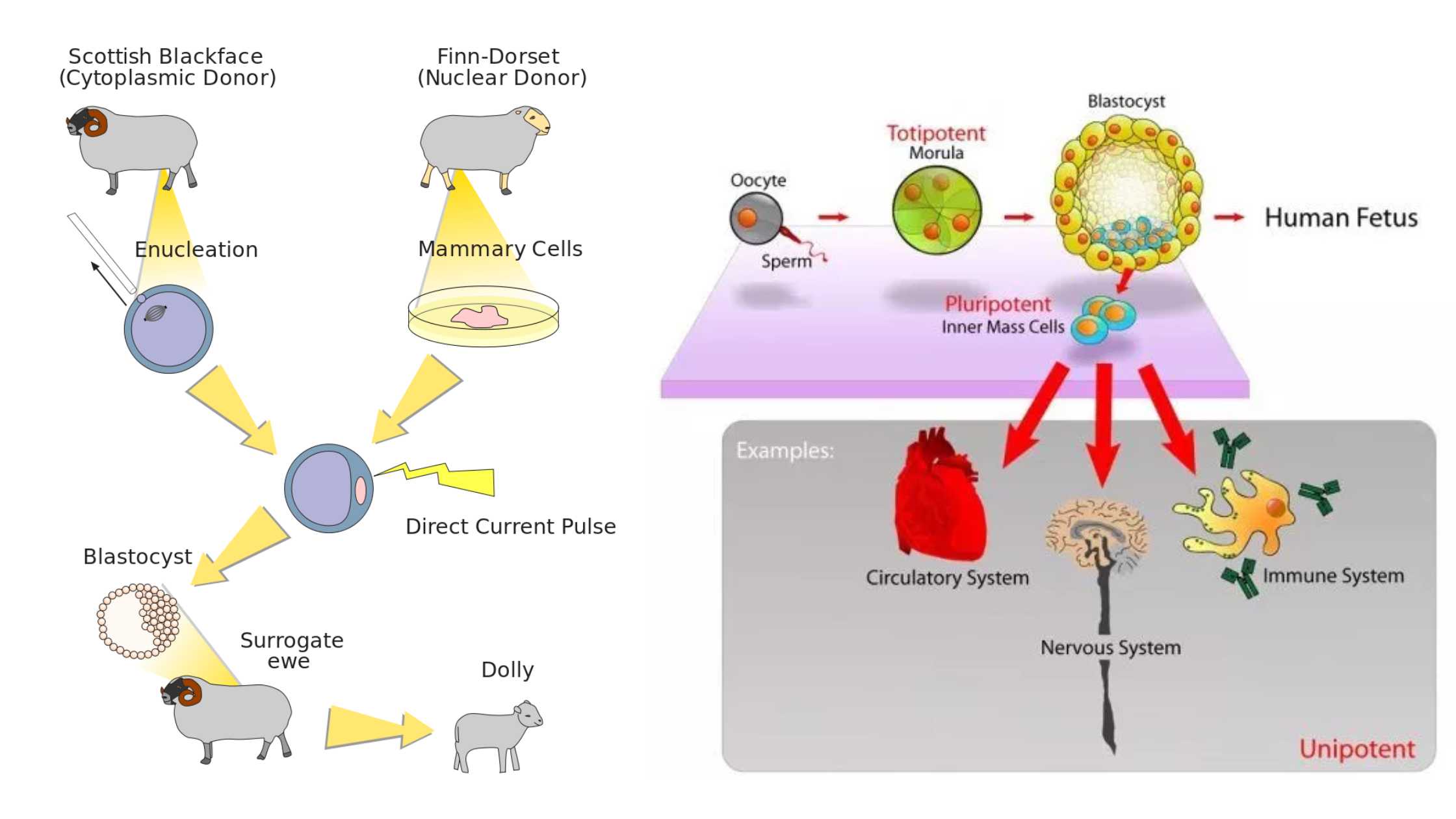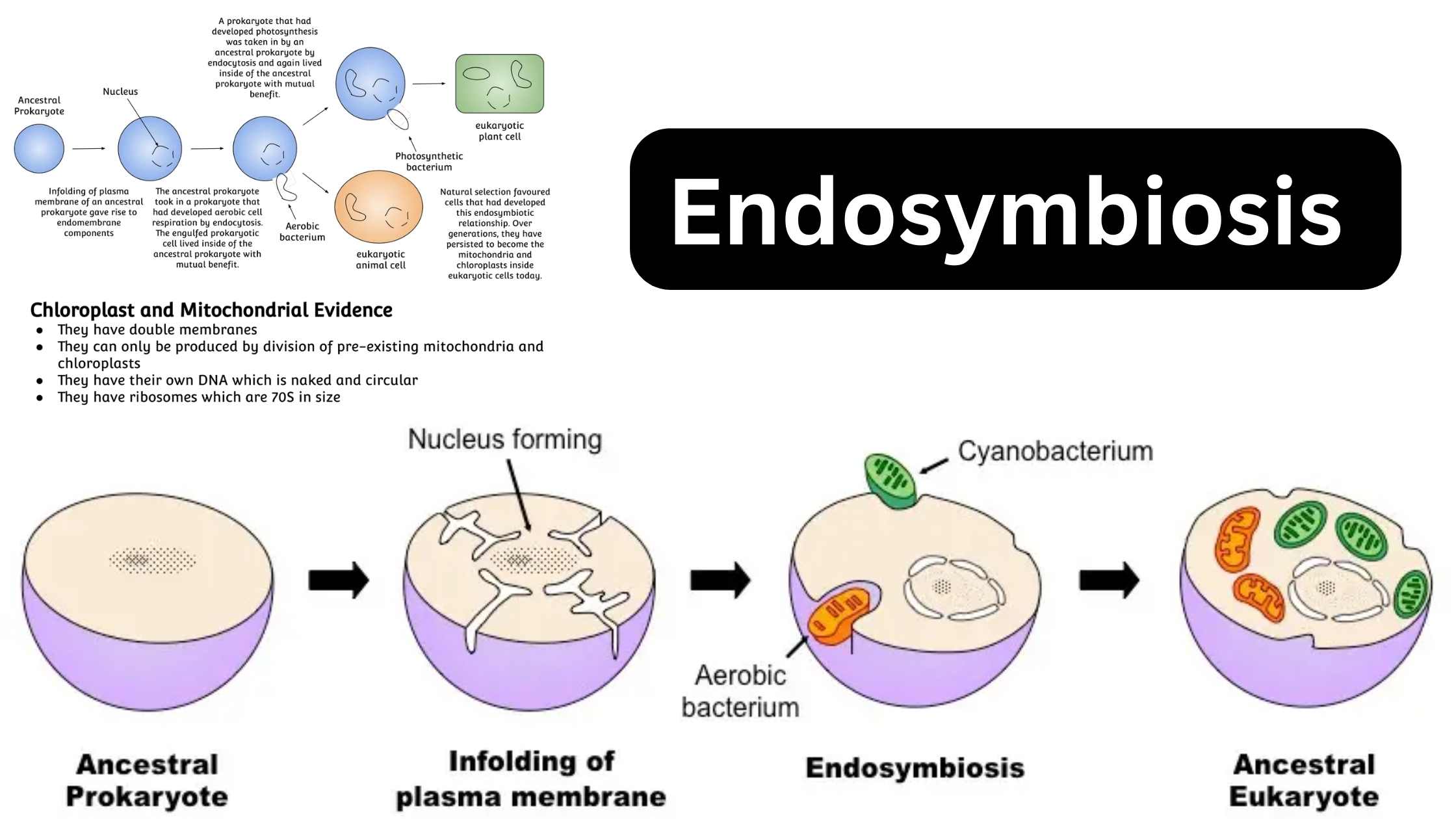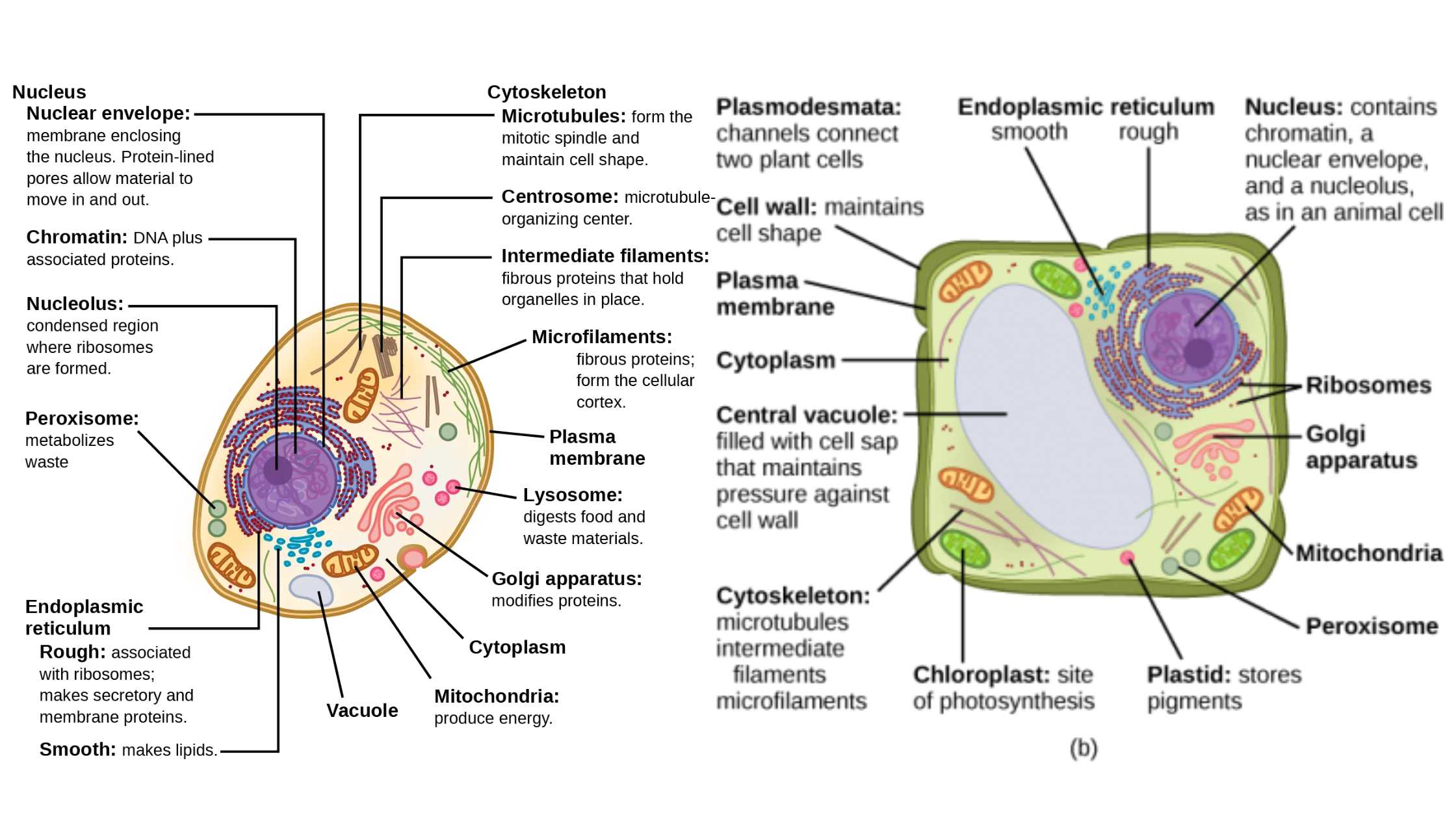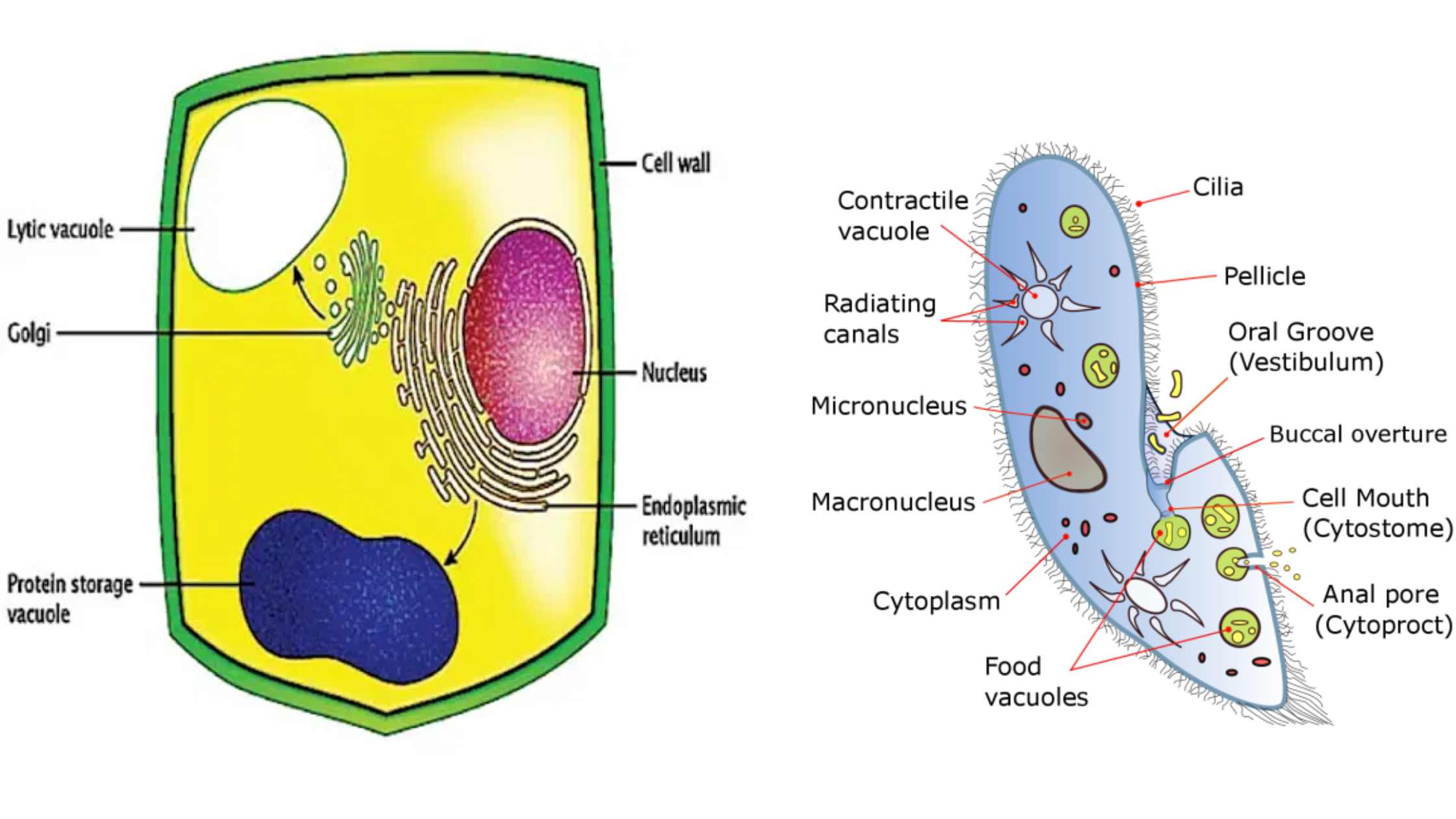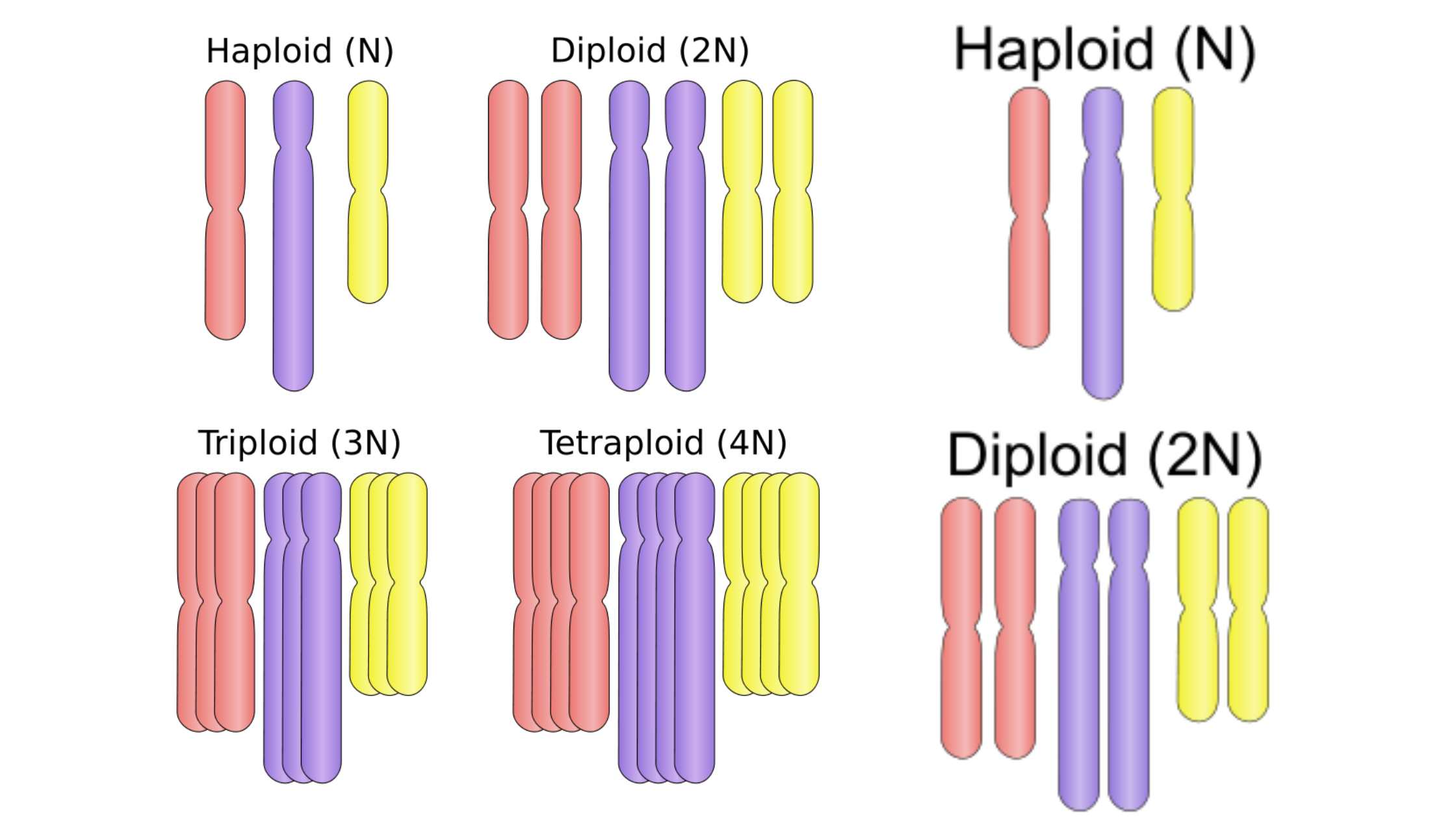Integral Protein – Definition, Types, Structure, Functions, Examples
What is Integral Protein? Definition of Integral Protein An integral protein is a type of protein that is permanently anchored within the cellular membrane, often spanning its entire width, and plays crucial roles in various cellular functions due to its specific functional domains. Integral Protein Types Integral proteins, a pivotal component of cellular membranes, can … Read more
